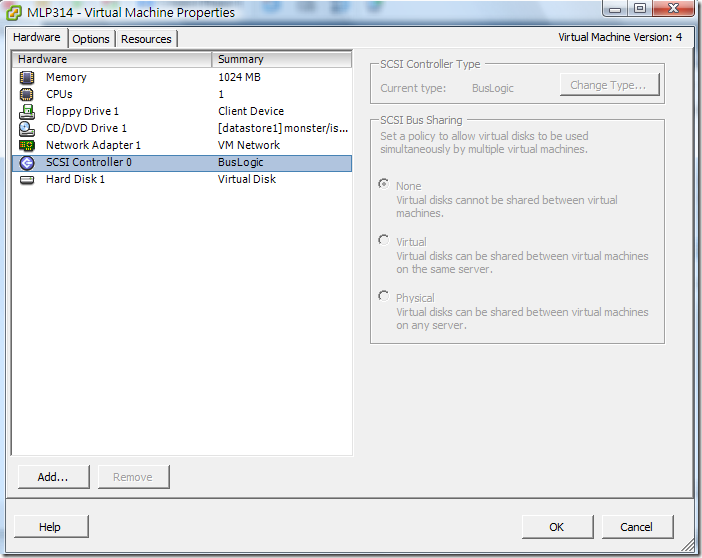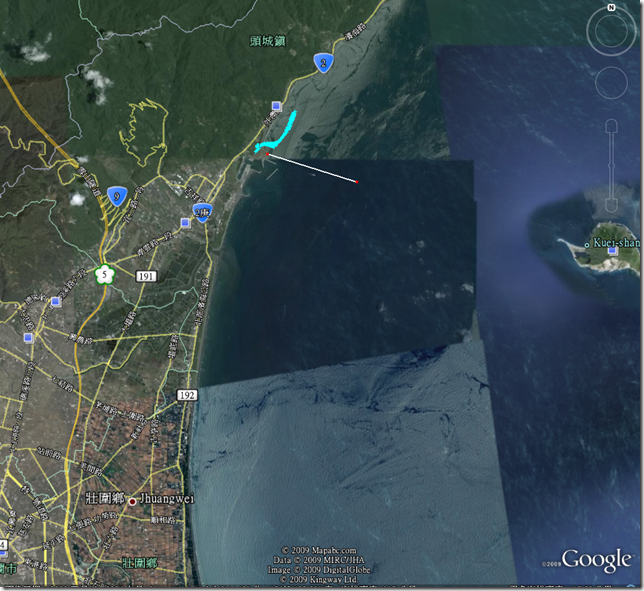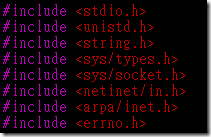Basic install emerge
lilo dhcpcd openssh syslog-ng vixie-cron screen ntp cronolog net-mail/mpack app-arch/sharutils unzip bind-tools trafshow traceroute
Linux : 2.6.24-gentoo-r7
Apache : 2.2.10
Mysql : 5.0.70-r1
PHP : 5.2.8-pl2
PHP 的編法是
USE="apache2 berkdb bzip2 calendar cjk cli crypt curl gd gdbm hash iconv json mysql mysqli ncurses nls oci8-instant-client pcre readline reflection session simplexml spell spl ssl truetype unicode xml zlib" emerge -av php
package 有
samba :
postfix :
oracle instant client :
open-vm-tools : vmware 的 tools
emerge 這些 package:
重要軟體:
mysql php apache postfix
中等重要:
screen ntp samba
工具類軟體:
subversion vim open-vm-tools cronolog net-mail/mpack app-arch/sharutils unzip
記得
- /etc/udev/rules.d/70-persistent-net.rule 砍掉
- 改 net_DHCP
- 砍 /tmp/*
- check /etc/conf.d/clock , /etc/hosts , /etc/resolv.conf


